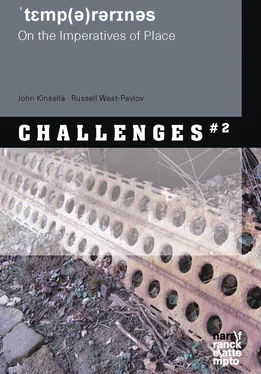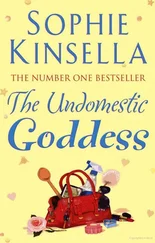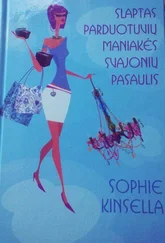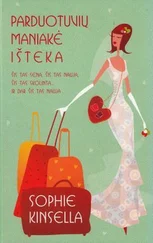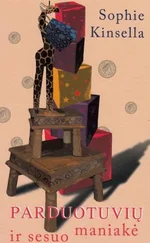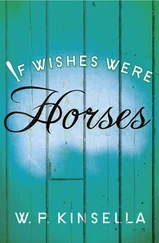And even then, only the right devices, and most frighteningly in the age of the Far Right as centre, the right humans. Around the time of giving me this book, Tracy was continuing to write her novel Vamp (1997) a reversioning of the gothic in the now of the early 90s, a gothic in Fremantle, Western Australia... And those lines from Donne (‘like gold to aery thinnesse beat’) title Vamp ’s first chapter, and take us into a world of a feminism constrained by a machine that still only paid lip service, and still does.
Tracy’s novel proffers a violent reaction, yet shows it is no solution. The gothic is constantly reinvented and can easily become a tool of cautionary entertainment that in the end lapses entirely into entertainment—I shudder to think how the ironies and parodies of Austen’s Northanger Abbey will be zombified (oh, the money to be made from genre-jamming—mash-ups—to feed the zeitgeist of the zombie era!) for a generation of new Australian voters under the NSW HSC reading regime! (Teachers, resist! Use it in conjunction with contemporary texts that challenge the problems of how and why we read! It’s only useful if shown as having parallels to texts that parody the literary conventions of the now—and the neo-liberals are churning out films and novels that do just this... Nicole Kidman, with her placation of right-wing America while selling herself as a ‘serious’ actor, is one of its figureheads).
Tracy’s Vamp I think, is all about how and why we read genre text, and the ends to which their ironies can serve the state, no matter how risqué they seem. When it came out, Vamp messed with all these conventions and was genuinely radical. It never aimed to please nor to make its criticism polite or popular.
So, as Tracy, Tim and I travel the roads of the wheatbelt or head down to Perth, our (old now) mode of transport contributing to the problem, we observe the militarism of elected governments, the corruption that comes through their being sanctioned by an electorate that signs off on responsibility. All of us: stop driving now, get out, confront the workers who have been duped into this damage, and try and discuss it with them. Offer alternative ways of making a living, work together to provide it. Step outside centralised government and the system that makes you think you have a choice (or that your vote will prevent the more evil ‘representatives’ getting into power), and work together for other modes of living, sharing, and supporting the biosphere.
It’s possible, if enough of us click, if enough of us try. Small groups. Then those small groups interacting with other small groups. Living networks of communication to increase tolerance and understanding and to make the local relevant. Know your locality, gain knowledge of neighbouring and distant localities. Let temporariness and permanence peacefully commune and the permanence of Indigenous communities be respected and privileged.
JK
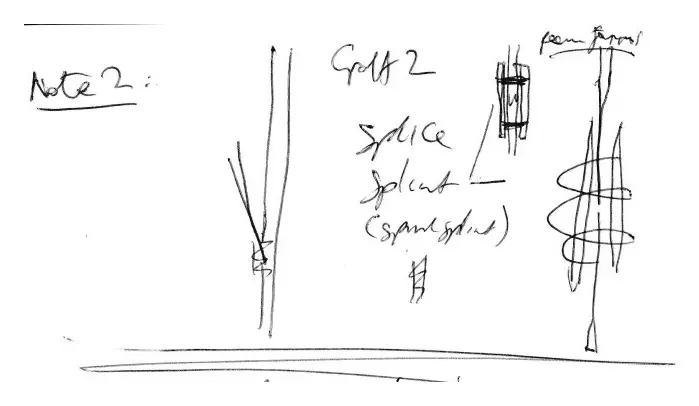
Arriving in Utrecht for an international conference on literary studies, I come up the escalator from the train into the large ticket-hall-cum-plaza. There, I buy myself a city map, before entering a large mall complex that should take me directly to the city centre. Once inside the mall, however, I lose my bearings and wander for a good three-quarters of an hour. I pass all manner of shops, some familiar global chains (C&A, New York City, Burger King, the usual suspects), some unfamiliar, presumably local businesses. As so often in the Netherlands, there is a sense of being in a slightly grubby hydroponic hothouse. I first stroll and then, slightly desperate, hurry through one hall into the next, via escalators and T-junctions and skylighted atria, with occasional panorama windows onto artfully landscaped Grachten, but fail to find anywhere an exit to the city centre. Finally I stumble upon a sort of air-lock that releases me onto a square full of vegetable vendors’ stalls, and soon after that, I arrive at one of the main Grachten that leads me to the building where registration takes place. Several days later, on the way back to catch my departing train, I discover, from outside, a much simpler route into the mall, but by then the adventure has left an enduring impression upon my mood. My getting lost in the mall makes me feel as if I’ve strayed into Postmodernism 101 with Jameson’s (1991: 39-44) infamous diatribe against the Westin Bonaventura hotel atrium as set text. Indeed, the the experience seems to anticipate and then epitomize the entire conference that I am attending.
Laudably, the conference organisers, the board of a big American literary studies association, have ruled that every panel should include PhD students alongside established academics. The PhD students’ papers are really excellent: accomplished, polished and highly sophisticated. They are theoretically astute performances garnered with intricate textual readings. But I have the impression that these displays of intellectual mastery are largely self-referential, their aficionados moving effortlessly through a forest of theory, weaving their own highly self-conscious tendrils of text, context and concept. Essentially exercises in literary sophistry, they are—implicitly of course—almost exclusively addressed to the older academics seated in the audiences who may be future search committee members or tenure evaluators. Of course these students are bound to work in this manner—we’ve all been down that track. Less forgivable, I feel, are my peers, whose work displays the maturity of years of research experience, but nonetheless appears to be equally deliberately aimed at reproducing consecrated knowledge within a closed bubble of academic discourse. Worst of all are the keynotes by the star academics. With the exception of the Africanists, who appear to still have an acute sense of the precarity of life beyond the academic halls and malls of Euro-America, these globetrotters seem to be caught in a glittering cul de sac where their paradigm-shifting ideas turn upon themselves in ever more intricate and tighter circles like cats chasing their own tails. This extraordinarily intelligent, subtle and nuanced intellectual work seems to be entirely calibrated to the fashions and fads of academic discourse rather than the rapid transformations and multiple crises of the world we live in—about which hardly a word is said in the panels I attend.
The double curse of academia—the pressure to be clever (consecrated, in the US-system, by ivy league tenure and University Press publication) and the pressure to gain external research funding (in Europe and in Australia)—seem to vitiate two fundamental ethical imperatives for intellectual work: the imperative to address pressing contemporary issues, and the imperative to address a contemporary audience—as co-actants—that is wider than that of fellow academics. I am haunted by the sense of having got caught in a hall of mirrors. Where in the world am I, or more accurately, where in the world is the world?
Here the temporary seems to have completely erased the contemporary. Theoretical paradigm chases theoretical paradigm at ever more dizzying pace, and my own panel on ‘animism’ may appear at first glance to be no exception. And yet the global now is so close at hand. I sit in various cafés on the Grachten between panels watching the population of Utrecht stroll by. The Netherlands’ very visible Global-South heritage is evident in the faces that pass me, signalling substantial African and Pacific-rim legacies in this north-western European bastion of liberal asylum. Yet the Dutch model of multiethnic coexistence seems to have lost momentum as rightwing populists proclaim in louder and louder voices their strident heckling (Münkler and Münkler 2016: 281). The Dutch liberal majority has just recently pulled itself together however, and without any great display of enthusiasm, gathered around the VVD headed by Prime Minister Mark Rutte so as to prevent Geert Wilders’ right-wing PVV from gaining power. And equally threatening are the recent terrorists attacks at nearby Brussels airport, and a recent bomb scare at Amsterdam’s Schipol. They remind one that although the Netherlands has remained largely unscathed in the contemporary war between state-sponsored big-power terrorism and Islamic fundamentalist terrorism, this may merely be a temporary calm.
Читать дальше
